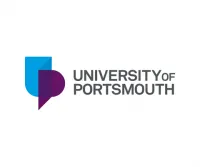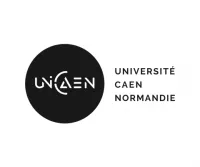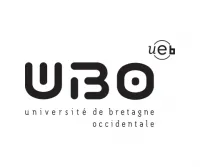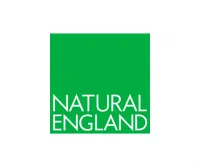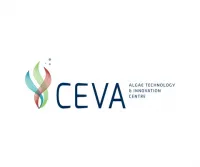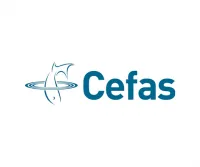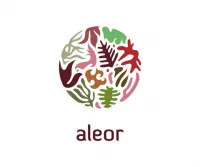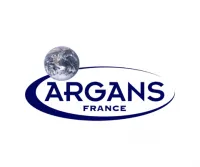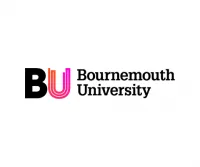One of the major challenges in the France (Channel) – England (FCE) area concerns coastal water bodies, which often contain high levels of nutrients resulting from fertilizer use and human-derived waste. This decline in water quality leads to excessive plant growth, a phenomenon known as eutrophication. Coastal eutrophication notably promotes the growth of green algae that accumulate in intertidal mudflats, causing significant ecological, economic, and public health impacts. Identifying effective pathways to reduce nutrient concentrations in this context and within these ecosystems is the central goal of the RaNTrans programme.
RaNTrans aims to initiate innovative, cost-effective methods to rapidly reduce algal mat coverage and contribute to nutrient level reduction. At two sites in each country (France and England), algae removal techniques and nutrient reduction strategies for intertidal zones will be developed and tested. Harvested algae will be repurposed as a feedstock for polychaete worm farming, creating a new sustainable feed source for aquaculture. Additional methods for reducing nutrient concentrations in coastal waters will include macroalgae cultivation and the use of the native European oyster in shellfish farming.
RaNTrans will also explore the societal and economic benefits of these strategies through job creation and the development of commercial opportunities for algae, oysters, and aquaculture feed at the regional level. The project will ultimately help improve the ecological quality of coastal and transitional water bodies.
-
Project Coordinator: Gordon Watson, Institute of Marine Sciences, University of Portsmouth, England
-
Funding Body: European Regional Development Fund (France/England)
-
ERDF Contribution: €1,988,778
-
Total Budget: €2,912,288

